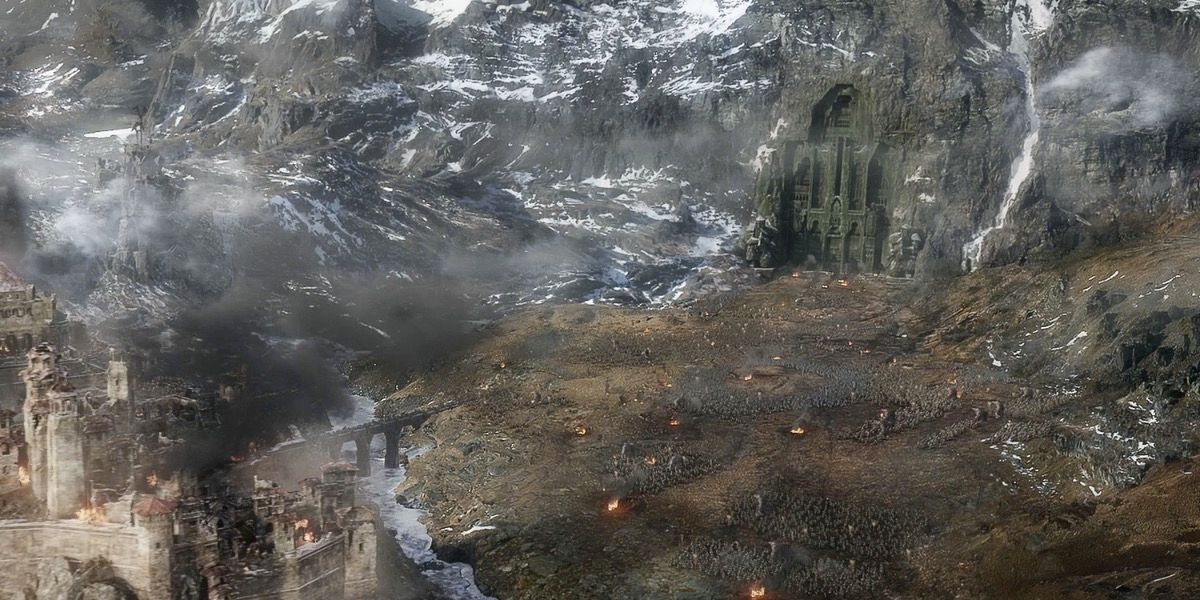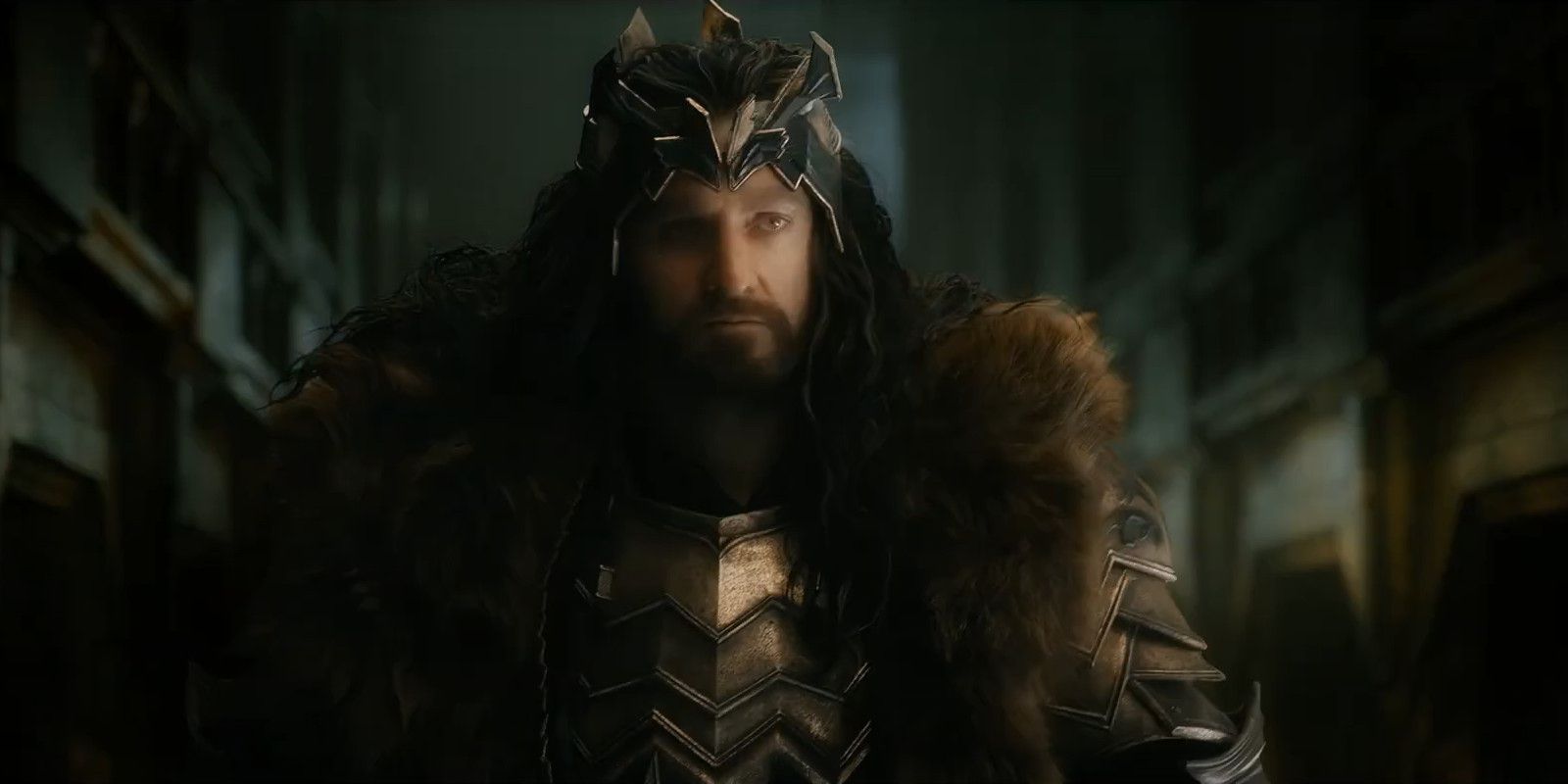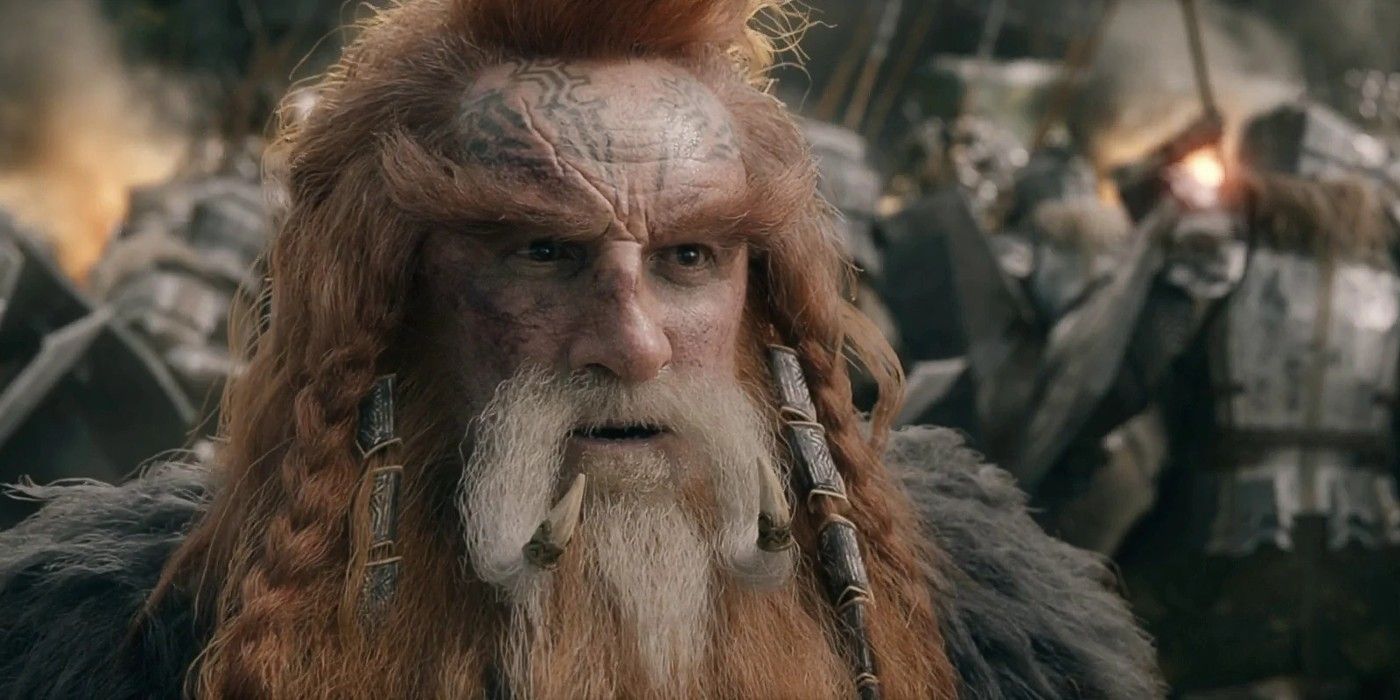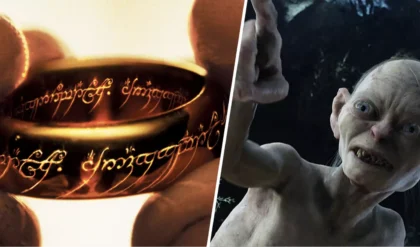The Lord of the Rings franchise is returning with all-new films, including the animated War of the Rohirrim and the upcoming live-action project The Hunt for Gollum. As fans anxiously wait to return to Peter Jackson’s beloved adaptation of Middle-earth, now is the perfect time to revisit the fantastical stories of the original Lord of the Rings trilogy and the Hobbit films. During the events of The Hobbit, Gandalf the Grey (Ian McKellan) goes out of his way to help the Dwarf-prince Thorin Oakenshield (Richard Armitage) reclaim his people’s ancestral kingdom of Erebor, which was seized by a mighty dragon named Smaug (Benedict Cumberbatch). After a long and perilous journey, Smaug is defeated and the Dwarves settle in Erebor once more.
With the news that Gandalf will return in new Lord of the Rings movies, fans can’t get enough of Ian McKellan’s beloved character. In his many journeys across Middle-earth, Gandalf never did anything without a reason. This makes it all the more surprising that he chose to help Thorin’s Company reclaim Erebor. While helping the Dwarves was certainly a kind thing to do, Gandalf would have needed a more significant reason to involve himself in this quest. As it turns out, the grey pilgrim indeed had an important reason to help Thorin’s Company, and doing so would prove to be of massive consequence to the future of Middle-earth.
Gandalf Didn’t Want Smaug To Fight For The Enemy
A Dragon Would Be a Major Help To Sauron In The Wars To Come
Gandalf wanted to restore the line of Durin in Erebor, but not solely out of the goodness of his heart. Although many others in Middle-earth doubted his return, Gandalf knew that another conflict was coming against the dark lord Morgoth’s general Sauron. Sauron had been defeated thousands of years ago, but the One Ring, which housed a part of his soul, had been lost. As such, it was only a matter of time before Sauron returned and waged war on the people of Middle-earth once again. When that happened, Gandalf feared that Smaug, the dragon that had taken residence at Erebor, would side with Sauron and wreak havoc on the forces of light. As such, Gandalf found a way to orchestrate Smaug’s demise by sending a band of Dwarves back to reclaim their ancestral homeland.
Gandalf Knew That Erebor Was A Strategic Location
Erebor Was The Site Of An Important Battle In The War Of The Ring








There was far more significance to retaking Erebor than defeating Smaug, however. The kingdom under the Lonely Mountain would prove to be exceptionally important for the Dwarves during The Lord of the Rings trilogy. Gandalf knew that Erebor was in an important strategic location, sitting as a strong fortress just outside the Woodland Realm. A foothold in the Lonely Mountain would give the Dwarves a fighting chance against outside invaders and help protect the Elves of Thranduil from the forces of Sauron. This is part of why Sauron was willing to devote so many troops to taking Erebor during the Battle of the Five Armies, as the dark lord also recognized how helpful the stronghold could be.
Although the battle is not depicted in the film, the appendices of Return of the King reveal that the Dwarves fought the forces of Sauron at Erebor. The Battle of Dale was an epic conflict between the Dwarves of Erebor, the Men of Dale, and the Easterlings of Rhûn at the end of the War of the Ring. Therein, both King Dáin Ironfoot and King Brand, the Men and Dwarves were forced to retreat into the Lonely Mountain, whose strategic construction allowed them to hold out against siege for days. After word reached them of Sauron’s defeat, the Dwarves and Men rallied together and defeated their enemy. The victory at Erebor was key in the War of the Ring, as it kept Sauron’s forces from entering the Woodland Realm to reinforce the Orc armies there that were trying to defeat Thranduil and the Elves. The acquisition of Erebor eventually saved the Woodland Realm from certain destruction, all thanks to Thorin’s Company (and the keen insight of Gandalf the Grey).
Gandalf Saw A War Coming Long Before Anyone Else
Gandalf Prepared For The War Of The Ring Long Before It Began
The ordeal with Thorin’s Company proved that Gandalf had foresight well beyond many of his peers. Taking a terrifying creature like Smaug off the board was essential in the victory against Sauron decades later. Moreover, Gandalf’s actions helped save the Woodland Realm from being overrun with Orcs during the War of the Ring. While he may have been criticized for his actions by peers like Saruman, Gandalf ultimately proved that he had been right all along.
With help from loyal friends like Lady Galadriel, Gandalf was able to make moves early in the conflict with Sauron, before the war had even truly begun. It was this same foresight that led Gandalf to send Frodo to destroy the One Ring of Sauron, thereby defeating the enemy for good. There may be no individual as key to the defeat of Sauron as Gandalf, who saw conflict coming decades in advance and took decisive action to save Middle-earth.





